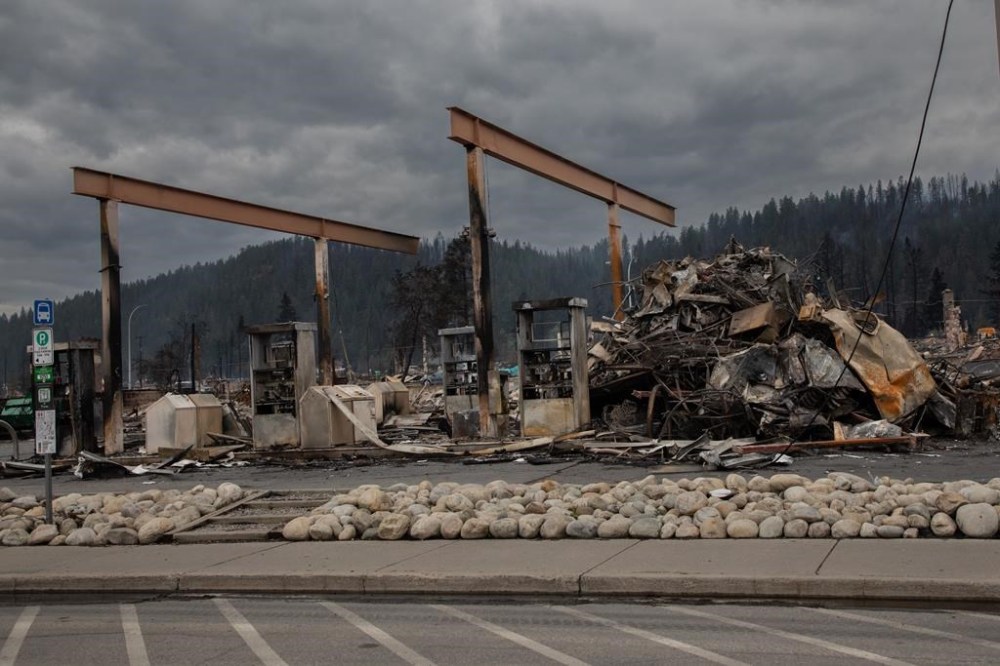2024 wildfire season is on track to be second largest in last two decades
Advertisement
Read this article for free:
or
Already have an account? Log in here »
To continue reading, please subscribe:
Monthly Digital Subscription
$0 for the first 4 weeks*
- Enjoy unlimited reading on winnipegfreepress.com
- Read the E-Edition, our digital replica newspaper
- Access News Break, our award-winning app
- Play interactive puzzles
*No charge for 4 weeks then price increases to the regular rate of $19.00 plus GST every four weeks. Offer available to new and qualified returning subscribers only. Cancel any time.
Monthly Digital Subscription
$4.75/week*
- Enjoy unlimited reading on winnipegfreepress.com
- Read the E-Edition, our digital replica newspaper
- Access News Break, our award-winning app
- Play interactive puzzles
*Billed as $19 plus GST every four weeks. Cancel any time.
To continue reading, please subscribe:
Add Free Press access to your Brandon Sun subscription for only an additional
$1 for the first 4 weeks*
*Your next subscription payment will increase by $1.00 and you will be charged $16.99 plus GST for four weeks. After four weeks, your payment will increase to $23.99 plus GST every four weeks.
Read unlimited articles for free today:
or
Already have an account? Log in here »
Hey there, time traveller!
This article was published 25/09/2024 (444 days ago), so information in it may no longer be current.
Canada’s wildfire season is on track to be the second largest in at least the past two decades, trailing only last year’s record-breaking season, federal officials said Wednesday.
Officials said above-normal temperatures and drought conditions across parts of Canada have continued to drive fire activity, with 5.3 million hectares burned so far, though they caution that number is preliminary.
Outside of last year’s roughly 15 million hectares burned, federal records indicate only three other seasons have topped five million hectares, and the last was in 1995.

Yan Boulanger, a research scientist with Natural Resources Canada, said climate change has contributed to earlier starts and later ends to the wildfire season, turning fire into a year-round phenomenon.
“It’s become increasingly evident that we need to shift away from viewing wildland fires simply as seasonal events and move toward the concept of a continuous fire year,” he said in Wednesday’s update.
Boulanger said several of the last 10 years have been above the 25-year average for area burned, primarily due to extreme fire conditions and longer seasons, driven by climate change.
Western Canada has, as expected, been hit hardest this year, with about 70 per cent of the total area burned falling in British Columbia, Alberta, Northwest Territories and Saskatchewan, officials say. Fire activity continues in those regions too.
The junction of B.C., Alberta, and N.W.T, in particular, could see continued fire activity into the winter given forecasted warm and dry conditions for at least the next month.
“We must continue to be vigilant against starting fire all year round,” Boulanger said.
Officials say the 792 international firefighters who helped tackle blazes throughout the year have all since returned home.
This report by The Canadian Press was first published Sept. 25, 2024.


